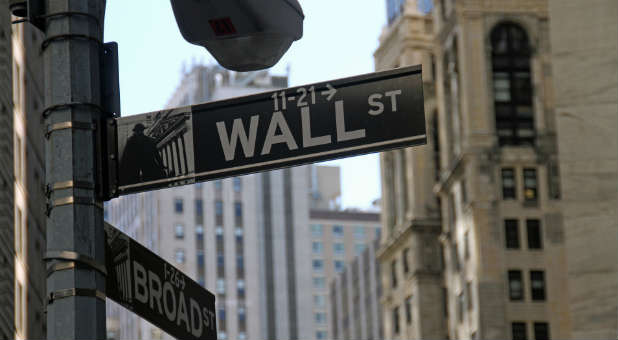What Christian Bankers Can Learn From Sharia Law
The shares of Carillion plc have dropped around 50 percent in value in the last 48 hours. Carillion is a U.K.-listed construction company, and they employ roughly 48,500 people. Long story short, the company has borrowed too much and, though they generate around 5 billion pounds per annum in revenue, the market perceives they are in trouble. Meanwhile, it is reported that 18 hedge funds have made about $80 million profit from the fall in share price by a magical means of shorting their stock, which in plain speak is agreeing to sell stock (which you may not necessarily own) on one day at a price and then delivering after buying the stock at the fallen price (you keep the difference).
There is naturally an art in picking the wounded or nearly dead companies. It is almost similar to gambling, though you do end up with a partial horse at worse. Partial horses can’t run or win races. To earn big sums, one needs to commit big sums, which some can borrow quite easily, secured against the wounded stock of the dying animal.
Short selling, or derivative trading, is regarded under Islamic Sharia Law as illegal, as it is regarded as unethical to sell anything you don’t own (like selling the calf before the cow gives birth). Indeed, the more one examines Sharia Law, one sees the high standards that are maintained, unlike those of the Judeo-Christian community, who have often built up treasure chests out of high-interest lending or speculation like the shorting of stock. This model broke down in 2009, but all the governments did was print more paper and kicked the can down a very long road.
Badly run companies perhaps deserve to fail, but companies profiting from others at the expense of job losses for those with families is in my view disgraceful and not a tenet Jesus Christ would have prescribed on the Mount of the Beatitudes. Islamic law prohibits the charging of interest on loans, and though the bankers have enjoyed a party with low interest rates for eight years, these days are coming to an end. Many will lose their homes as interest on their soft mortgages rise and the bailiffs enter front and back doors.
We pray for unity and we speak of love, yet when examined under a microscope, this is hogwash. Church attendances are down and the numbers at synagogue are falling, especially among the Millennials. We are not practicing what we preach. There is much to be admired about the Islamic law; Father Abraham might be happier for us to adopt this fiscal model rather than build towers of short trades in the cities of Babylon (London and New York).
The biggest trading market is, of course, currency trading. Though some talk of a single global currency, this is probably a pipe dream as it would destroy the fortunes of a few who peddle their doves and dimes in the marketplace, taking millions of pennies and cents off the majority. They add nothing to the gross equation and net the difference.
My guess is that if we don’t wake up soon, our companies and our system will break on one almighty day into pieces that can’t be stuck back together. The U.K. and U.S. governments have stepped in to stop short trading, and they have even suspended trading, but they need to find a fix.
The issue is a problem on both sides of the pond. Tom Farley, the New York Stock Exchange president, describes “betting against a company” as “kind of icky and un-American.”
Know your why—and wake up to practice what we preach. {eoa}
Martin Clarke is a charismatic Christian and London businessman. He often provides Charisma with an international perspective.
















































